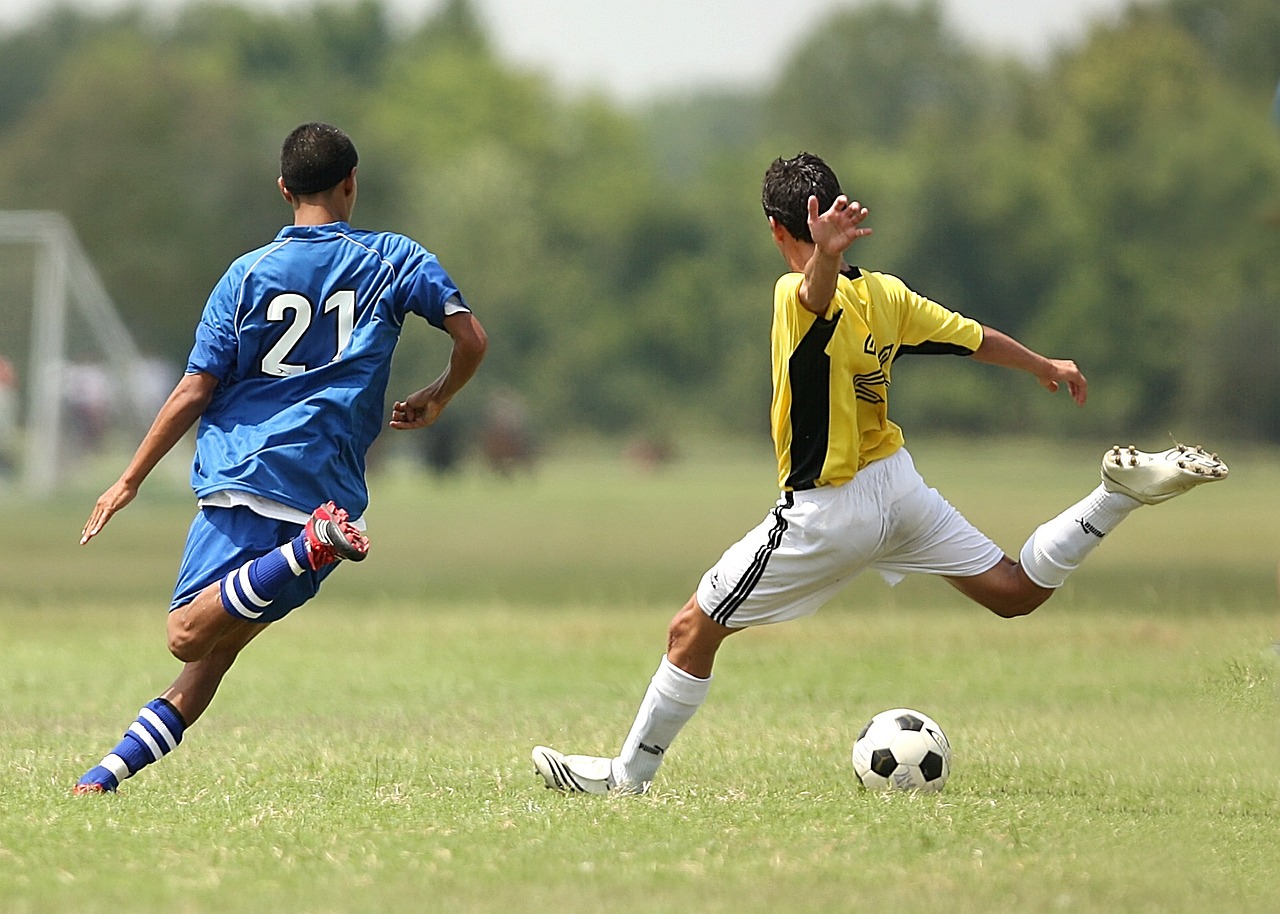13 November 2024 News
New funding from the MND Association, My Name'5 Doddie Foundation and the Darby Rimmer MND Foundation will provide support towards an 18 month research project investigating a potential link between playing professional football and developing MND.
The project will analyse death certificates from thousands of footballers in the UK and Italy to discover whether they had a higher risk of dying from MND than the general public.
Professor Ammar Al-Chalabi of King’s College London and Dr Elisabetta Pupillo of the Mario Negri Institute for Pharmacological Research in Milan, Italy are leading the study.
Large studies, better data
MND affects more than 5,000 adults in the UK at any time. To determine whether a specific activity increases your risk of developing MND, scientists must analyse a massive set of patient details. If they only looked at a small number of people, it might give biased results that make the risk seem greater or lesser than it really is. Studies of rare diseases can also have different conclusions depending on the statistical tests used to analyse data.
A previous study of professional footballers suggested playing football professionally can increase your risk of MND sixfold, but other studies have shown exercise might not increase risk, or might even be protective.
Death certificate analysis
Prof Al-Chalabi and Dr Pupillo have designed a study to ask the question again but with a bigger sample size. These replication studies are important for separating true scientific findings from statistical quirks that happen by chance. They have gathered data from footballers who played in Series A and B in Italy and from those who were part of the Professional Football Association in the UK.
The data includes date of birth, position, team, and length of playing career. The researchers have already accessed the death certificates of Italian players in the cohort but, to date, have been reliant on data already available online to estimate causes of death for the 26,235 footballers who played in the UK.
This new funding will enable the research team to access death certificates to allow for proper scientific analysis.
Why is this study important?
Sport and exercise are important and reduce our risk of certain diseases. However, if certain sports have risks, players and authorities must be aware so that safer ways of playing can be explored. If analysis in this study indicates a potential link, this research could be used to help make recommendations for football governing bodies.
Prof Al-Chalabi said the analysis may find no potential link between MND and professional football or may even suggest that playing the sport is protective against disease. Even if a link is discovered, Prof Al-Chalabi is clear that playing sports and exercising remains a beneficial activity to your health overall.
If we show it does increase the risk, even then we have to be very clear that the lifetime risk of MND is about one in 300. Any findings from this study are limited to professional footballers and not the general population. The risk of heart disease, stroke or cancer – which exercise protects against – is about one in three each. These are common and serious risks to your health; you need to exercise
Prof Ammar Al-Chalabi, Professor of Neurology at King's College London
We are delighted to be supporting the work of Professor Al-Chalabi and Dr Pupillo, alongside My Name’5 Doddie Foundation and the Darby Rimmer MND Foundation. A potential link between sport or exercise and the risk of developing MND has long been debated, but while several studies have been carried out, the evidence for a link has not been conclusive.
This new investigation builds on previous studies, extending the research into larger populations, and will improve our understanding of the potential interaction between football and MND. However, it is still very clear exercise has a huge health benefit to the vast majority of people and this study in no way suggests that exercise should be avoided. The benefits of exercise far outweigh the possible risks.
Dr Brian Dickie, Director of Research Development at the MND Association
